Just outside Arusha High Court in northern Tanzania one morning in November, the five men waited for the magistrate to call their names. All had been charged with killing elephants. This was the fourth preliminary hearing for a suspected head poacher and his accomplices since their arraignment more than a year ago.
The younger ones appeared almost cocksure, smiling and joking with their girlfriends as if they had nothing to worry about. The eldest of the pack, Gidabijo Gidabung’eta, a middle-aged man with his head shaved clean, sat in silence on a stone bench.
Just the previous month, Gidabijo and his crew had posted bond up to $20,000 in cash and the title deed to a home worth an estimated $60,000. The court then released them on bail, and soon after, the presiding magistrate had threatened to throw out the case because of a “lost file.”
This sounded the alarm among some government officials and conservation professionals, including those at Honeyguide, a community-based conservation organization whose rangers had assisted the Tanzanian government anti-poaching division in Gidabijo’s arrest and the recent arrests of other more notorious poachers.
After increased external focus on the case, the lost file was eventually “found,” and judicial proceedings resumed.
Lost files (real or deliberate) are the kinds of backroom loopholes and botched handlings that have plagued the fight against poaching in Tanzania for years. Even when rangers and authorities risk their lives and succeed in making arrests, court cases somehow come undone, and poachers go back to work.
And in Kenya, according to the Nairobi-based nonprofit WildlifeDirect, which tracks all judicial proceedings involving poaching, only 10 percent of those arrested end up being prosecuted. Twenty-three percent of cases get dismissed by magistrates or withdrawn by the prosecution because of lack of evidence.Picture of President John Pombe Magufuli of Tanzania

But hard-fought turnarounds in arrests and prosecutions are promising signs in both East African countries, which are home to the elephants that play a crucial part in their tourism industries. From now on, repetitions of Gidabijio’s evasion of justice—and immunity for poachers, ivory dealers, and kingpins in general—may be on the way out.
Enter the Bulldozer
On November 20, the newly elected Tanzanian president, John Pombe Magufuli, gave his opening speech to parliament and, among many rousing decrees, issued a stern warning to corrupt officials and others involved in poaching.
“How come tusks are impounded in China or Europe while they passed at Dar-es-Salaam port?” asked the no-nonsense president, whose nickname is the Bulldozer. “Something should be done to make sure that this situation does not recur.”
Since then, Magufuli has made a series of moves to cut down on the government’s spendthrift ways and to investigate corruption.
Less than a month after being sworn in, he’s suspended the commissioner general of the Tanzanian Revenue Authority and 35 of its employees implicated in corruption. Eight of them, including senior officials, have already been charged with fraud and will stand trial. What’s more, he’s also leaning in on the Port of Dar-es-Salaam, a major international transit hub for ivory and other illegal wildlife products.
December 9 marked Tanzania’s 54th Independence Day, but the usual hoopla was missing. Magufuli scrapped all official celebrations in favor of a national day for citizens to clean up the environment (thereby saving millions of dollars), and he joined in, helping pick up trash off the streets outside the State House.
The president’s get-tough measures have inspired a humorous Twitter hashtag, #WhatWouldMagufuliDo, which recently went viral across Africa. Many insiders have begun to speculate as to how Magufuli will clean house among Tanzania’s wildlife and tourism agencies. With some members of the ruling party implicated in ivory dealings, the president’s every move on this issue will be closely followed.
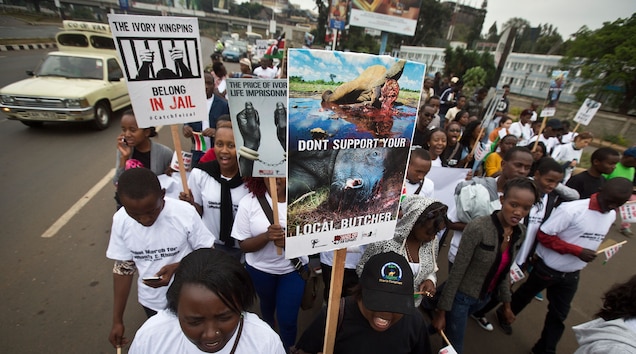
Even before Magufuli’s election, Tanzania had won several notable victories against poachers, including the October arrests of Yang Feng Glan, aka the Ivory Queen, and Boniface Matthew Mariango, aka the Devil.
Last month, an additional four Chinese nationals were caught near Tanzania’s southern border trying to smuggle in 11 rhino horns. And in a separate case, 12 other Tanzanians were rounded up near the northern border in possession of ivory.
A relatively new heavyweight has entered the ring: the National and Transnational Serious Crimes Investigation Unit (NTSCIU), an elite task force supported by the anti-poaching non-profit, PAMS Foundation.
“We’ve started to see improved coordination among different government agencies,” said Wayne Lotter, the executive director of PAMS.
Another positive development involves arraigning and prosecuting poachers in courts in the main cities, which are considered less susceptible to corruption than their local counterparts. In the south poachers are often taken to Dar-es-Salaam, and in the north, to Arusha.
In Kenya, New Judicial Emphasis
For Kenya’s part, the 2013 Wildlife Conservation and Management Act set the stage for toothier judicial outcomes, and major cases, like that of ivory dealer Feisal Mohamed Ali, who’s charged with being in possession of more than two tons of ivory, continue to play out in court.
National Geographic Emerging Explorer Paula Kahumbu, Wildlife Direct’s executive director, recently summarized the accomplishments, challenges, and new strategies for the ongoing fight against elephant and wildlife poaching and trafficking in the Guardian.
“We are very optimistic that Kenya can and has already turned the corner on this issue,” Kahumbu said, adding that elephant poaching in Kenya has decreased by 80 percent since 2013. According to Kahumbu, this is because of strengthened enforcement efforts on the ground and coordination among NGOs, government agencies, businesses, and donors.
But Kenya’s conviction rate for poachers, while improving, remains low. “Not a single government official has been tried and convicted for being complicit in the ivory trade,” she said, “and we must continue to fight corruption.”
Recent well-publicized cases have come in the wake of years of work by activists like Kahumbu, dedicated individuals in government, and conservation organizations, some of which have complemented their anti-poaching activities with programs to support judicial proceedings.
Big Life Foundation, the Mara Elephant Project, and Space for Giants, among others, work with local judiciaries not only to track court cases but also to encourage and assist public prosecutors, wildlife agencies, and others involved in trying to bring poachers to justice.
Big Life noted how just three years ago an elephant poacher might receive no more than a slap-on-the-wrist fine of $300 but that this year four poachers trying to sell a leopard skin were given the option of either a $10,000 fine or six years in jail.
Meanwhile, back at Arusha High Court that November morning, the hearing for the five suspected poachers ended with the magistrate asserting that “their case is now a case.” The next hearing is slated for December 22.
A judgment is not expected until later in 2016. We’ll keep you posted.
This article was first published by National Geographic on 10 Dec 2015. Lead Image: Kenya Wildlife Services officer stands near a burning pile of seized elephant ivory. The country’s new wildlife law has prompted stricter judicial enforcement when it comes to poaching. Photograph by Carl De Souza, AFP/Getty Images.
What you can do
Support ‘Fighting for Wildlife’ by donating as little as $1 – It only takes a minute. Thank you.

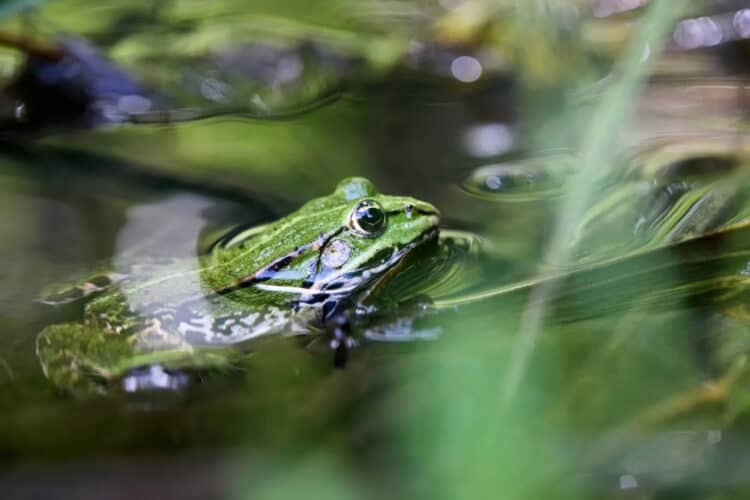
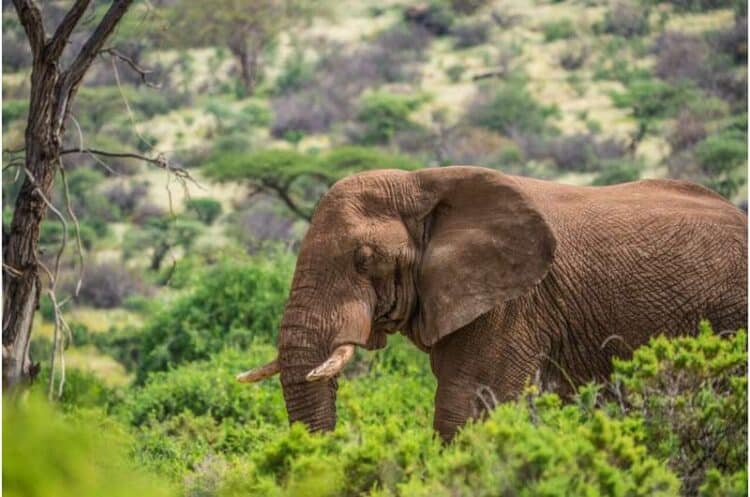
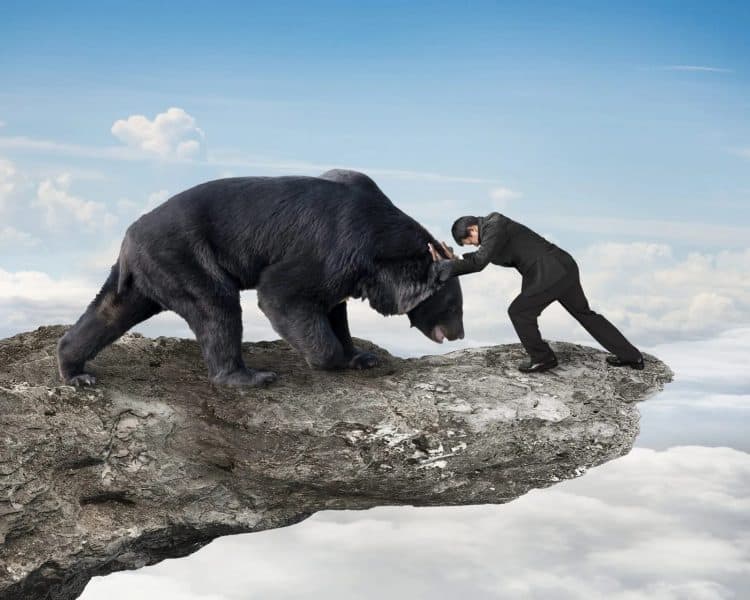

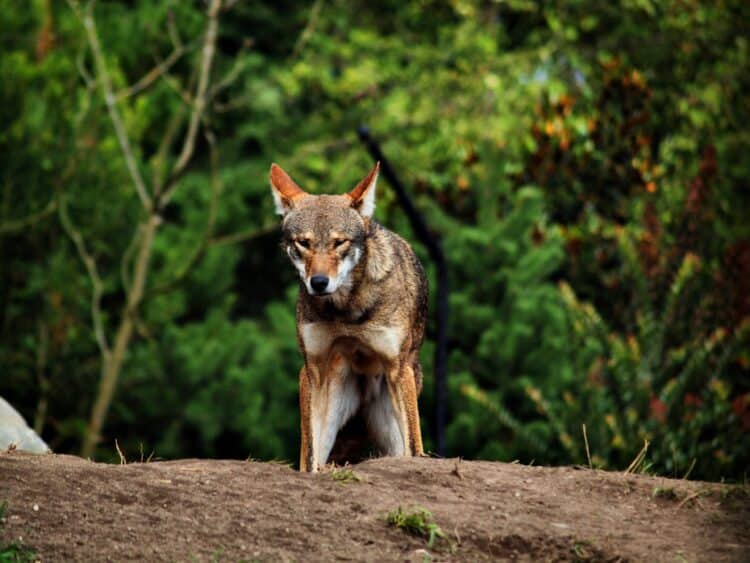

Leave a Reply